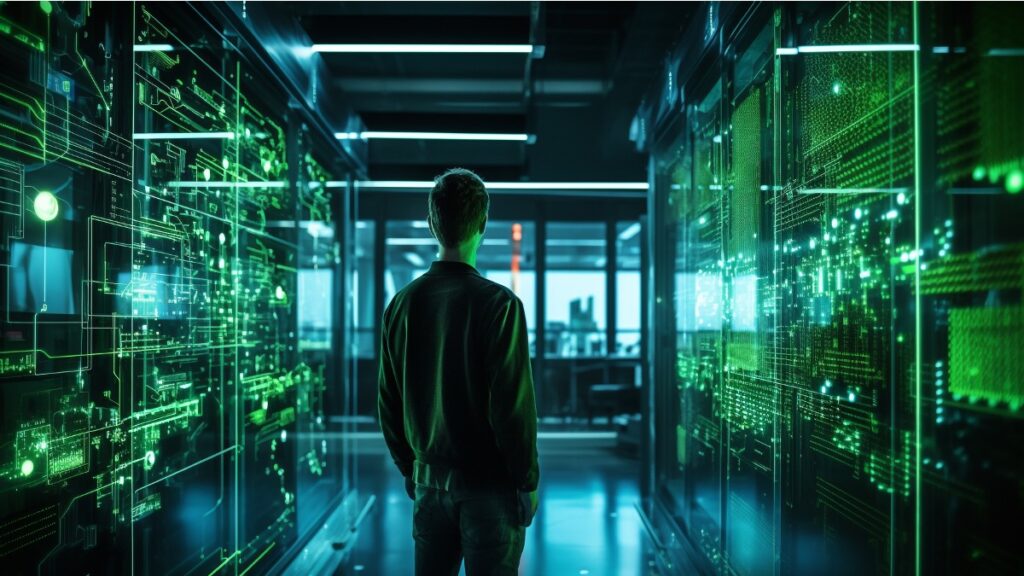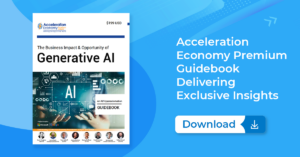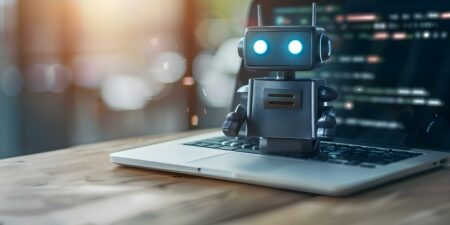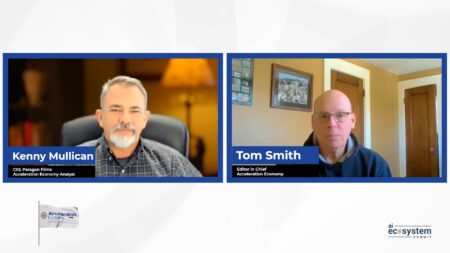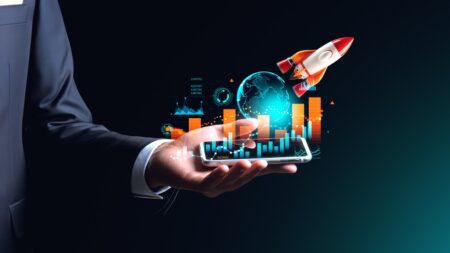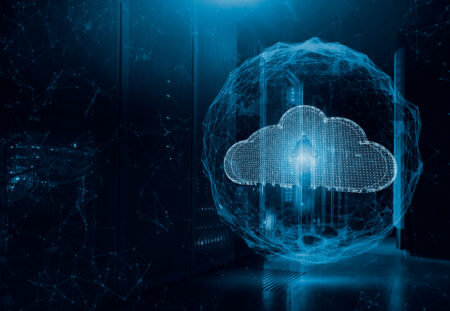As many already know, artificial intelligence (AI) is rapidly progressing. The business use cases and real-world applications of the technology are quickly expanding. The technology itself is always improving. And companies are pouring more dollars in than ever before. As great as this is, there are side effects to this growth. While I’m not one to criticize progress for causing growing pains, the pains in this case are at least worth mentioning to see if we can mitigate them.
I’m talking about sustainability. Traditional media has been hammering the technology industry lately about the first-order adverse effects of AI training and deployment in terms of energy and water use. Here’s a broad overview of those criticisms.
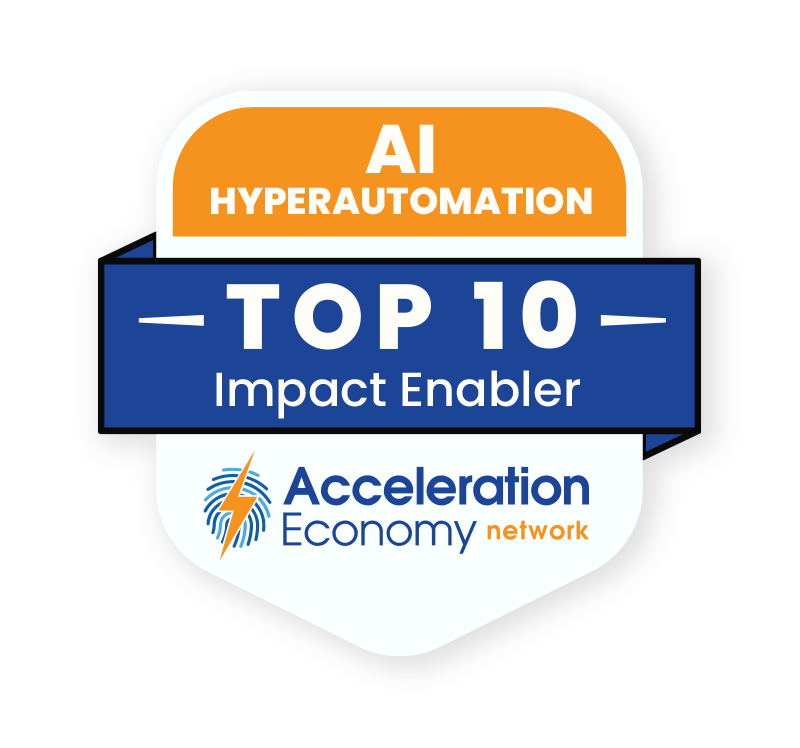
Which companies are the most important vendors in AI and hyperautomation? Check out the Acceleration Economy AI/Hyperautomation Top 10 Shortlist.
The ‘Unsustainable AI’ Criticism
First, Business Insider reports that the IT industry uses up to 10% of the world’s electricity and emits between 2-5% of the world’s global carbon, according to statistics shared by the European Parliament. Experts expect that percentage to rise to 14% by 2040. In the same vein, Wired previously released a story called “The Generative AI Race Has a Dirty Secret” which hits on many of the same points.
Insider later reported on AI’s freshwater consumption, pointing out that Microsoft used 185,000 gallons of fresh water in its data centers to train GPT-3. They did the math and found that “ChatGPT would require 500 ml of water, or a standard 16.9 oz water bottle, for every 20 to 50 questions answered.” This water keeps data centers cool as the electricity used to run the chips heats everything up.
The Verge quickly picked up on a new job listing on the Microsoft website — one for a Program Manager for a nuclear program. Turns out, Microsoft has plans to build a small modular nuclear fission reactor (SMR) to power their cloud and AI data centers. This gives the company more control over its energy supply chain and reduces the direct carbon emissions from their energy use. But it comes with its own complications, like securing enriched Uranium from other countries and finding a way to store nuclear waste long-term. While the question “Is nuclear fission sustainable?” is still hotly debated in society, Bill Gates and Microsoft seem to have determined that it is.
AI Sustainability Should Not Be a Priority
So, now that you have most of the criticisms in one place, here’s my thinking.
Picking on the new thing is an easy story to write. This is not a new strategy for the media. But these pieces tend to ignore the near future: Hardware and models will become much more efficient and the second-degree effects of AI innovation can actually make the grid more efficient, minimize waste in supply chains, improve the health of natural systems, and more.
This initial water and energy cost is a small price for building a better AI-driven future. Maybe this is the entrepreneur and capitalist in me speaking, but slandering companies for their use of AI in the name of sustainability is like a 19th-century farmer complaining that the water vapor from steam-powered trains is damaging crops next to the railways. Not only did they turn out to be wrong, but a few damaged crops are also a small price to pay for connecting a country together. This actually happened, by the way.
I’m not discounting the inefficiency of the AI training and deployment process. Chipsets and models can be made much more energy and heat efficient. The electricity used in data centers should come from clean sources. Companies should continue upgrading their energy infrastructure and buy carbon credits if needed.
Perhaps more important is the chip manufacturing supply chain and the dirty sources of the metals used within the GPUs powering this whole AI boom. These questionable mining practices aren’t just an environmental concern but also a human rights and geopolitical one. Or perhaps even more important is the adverse effects of biased or uncontrollable generative AI systems on its users.
Final Thoughts
Overall, this is one of those media angles that never goes anywhere. AI is too useful. Not to mention the environmental impact of industries that aren’t new and interesting — like textiles, transportation, or concrete manufacturing — is still orders of magnitude worse than AI training.
Technologies that bring change to the current order of society always bring criticism. The criticisms that are chosen tend to reflect the priorities of that incumbent society. In our case, I’m 100% on board with prioritizing sustainability and improving the efficiencies of the tech industry. But slandering AI broadly is not the right move because the technology will inevitably increase efficiencies and make the world more productive than ever — more likely with a far greater positive impact on the environment long-term than forgoing AI development.

